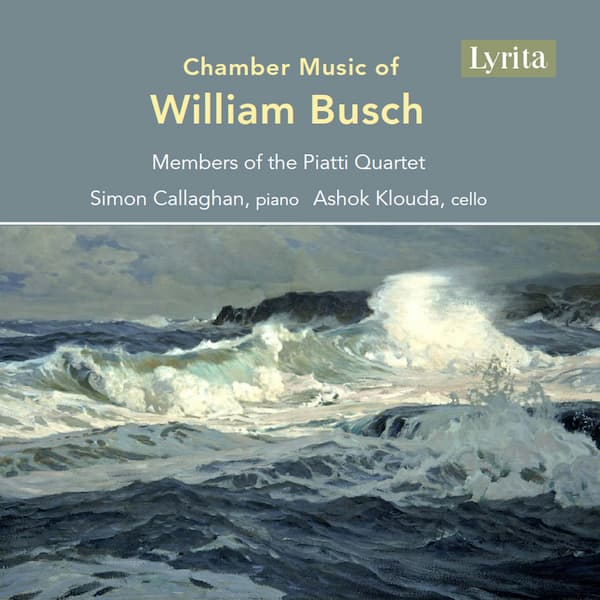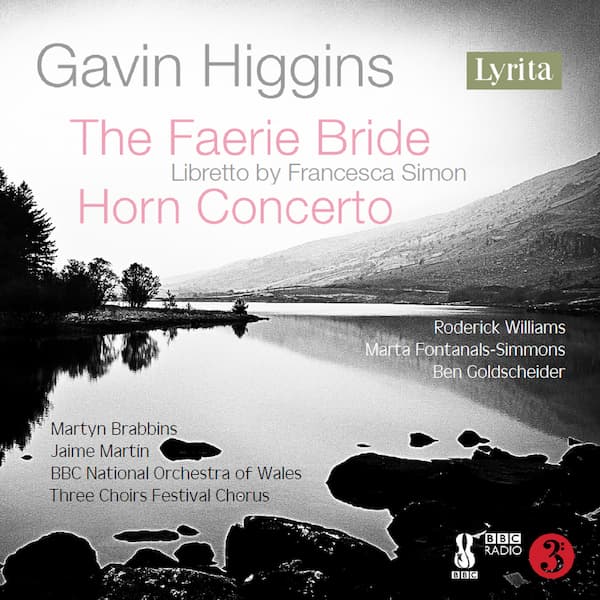The song cycle Winterreise starts in the worst possible way, with our disappointed lover hanging around town heartbroken after he’s been given his congé. Dismissed, he wanders around the village, saying farewell to the beloved places that had been so welcoming in the summer and were so cold in the winter.
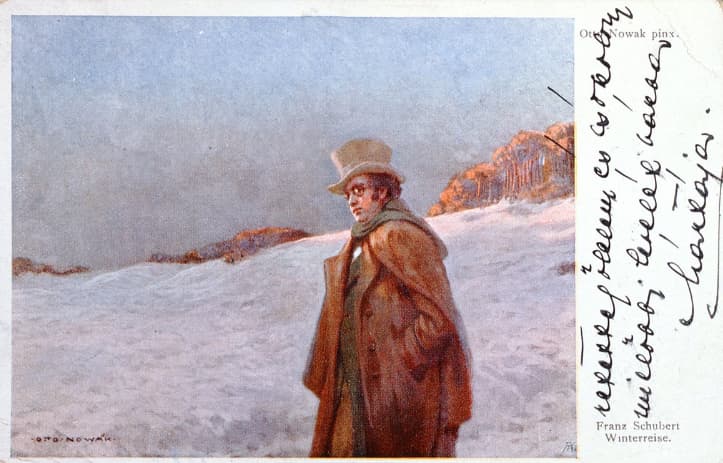
Otto Robert Nowak: Postcard of Schubert in the snow, ca. 1910
Baritone Andrè Schuen’s new recording of Winterreise drops us immediately into our hero’s cold shoes. From the very beginning, we’re already on our downward path. As one writer notes, if Die schöne Müllerin starts off with the highest happiness and optimism and ends in suicide, Winterreise already starts depressed. For Schuen, the hurdy-gurdy grinder at the end stands in for death. The song ends in limbo – our hero is determined to follow the unsuccessful musician to the end – and no listener can even pretend that this means a new village and a new life.
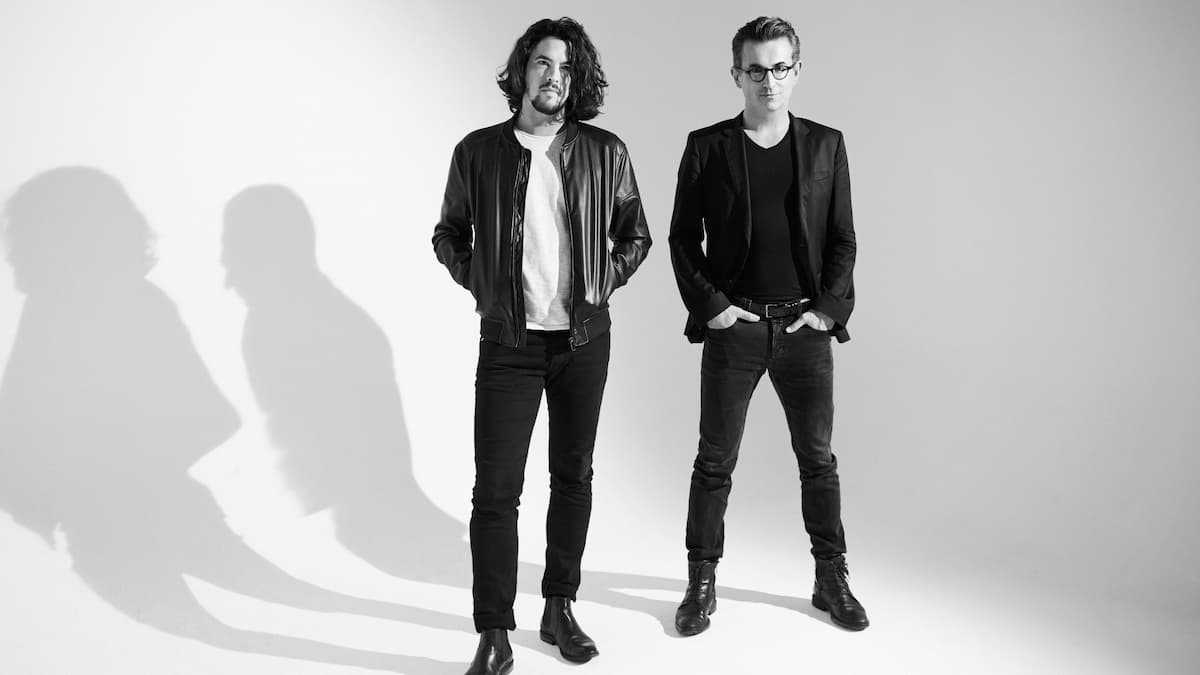
Andrè Schuen and Daniel Heide (© Christoph Köstlin / DG)
Much of the cycle is internalized pain: what he sees sparks memories and tears. The world is frozen, and so, too, is he. Schuen’s performance perfectly brings out the sorrow, the memories, and the false bravado of the decisions that are destined to fail.
The poet of the cycle, Wilhelm Müller (1794–1827), who, like Schubert, died at only age 32. His lyrics convey a deceptive simplicity. His traveller doesn’t get lost in the Romantic metaphors but carefully sidesteps them and observes them from the side. The rest he could take under the linden tree is a very different rest than he would be taking during warmer weather. In the cold, he avoids its calls where he would have found peace….eternally. In other songs, his tears don’t melt the snow but freeze and turn to ice – if you follow them, you’ll end up at his beloved’s house.
Franz Schubert: Winterreise D. 911 – No. 1 Gute Nacht
At the same time, he recognizes that, under all this snow and ice and his frozen exterior, a surging torrent is held back. And it is that undercurrent of desire and despair that Schuen (and his pianist Daniel Heide) bring out in the music. The accompaniment can be sparse or full. In no. 16., Letze Hoffnung, where he’s looking for the last leaf on a denuded tree. The wind plays with the leaf, and the piano line dances as well.
In the last song, the well-known Der Leiermann (The Hurdy-Gurdy-Man), we come to the end of his journey around the familiar places. The player is clearly mad: in the middle of a frozen world, he stands with bare feet and nothing in his offering dish. He’s not even in the village centre where he would be paid (either to play or not play), but stands behind the village. The song is a test for a singer – it’s all emotionless description, but at the same time, the hero is being pulled toward death. To follow would be certain death, but that’s what he’s living through now. The song starts quietly and ends even more quietly, fading off to an infinite nowhere.
Currently in post-production is Alex Helfrecht’s animated/live-action feature film based on this song cycle and uses this recording as the soundtrack. It will star John Malkovich, Marcin Czarnik, Gabriella Moran, Martina Gedeck, Jason Isaacs, and Ólafur Darri Ólafsson, and is called A Winter’s Journey.
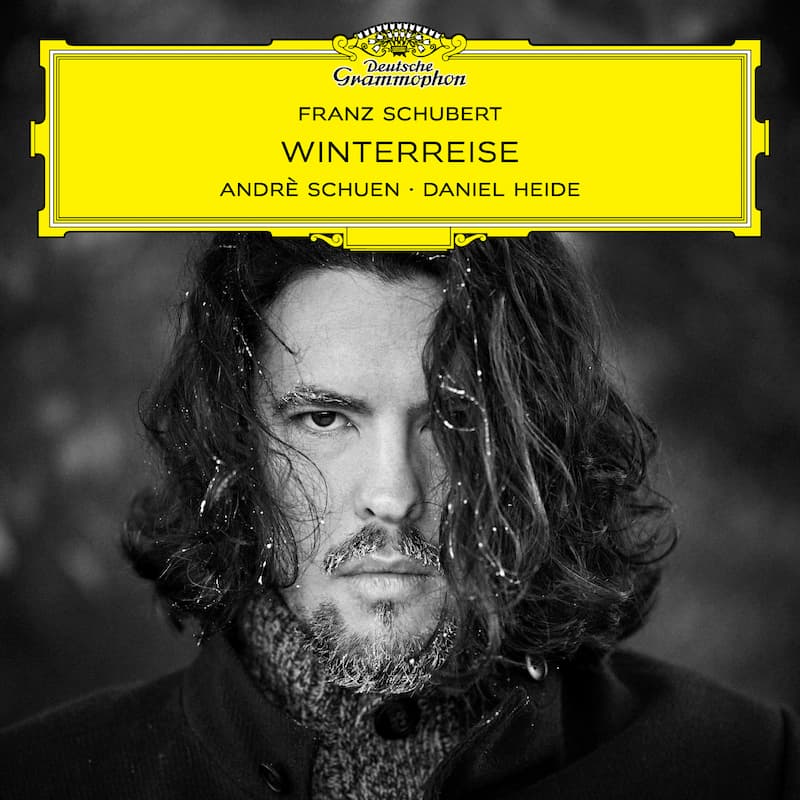
Franz Schubert: Winterreise
Andrè Schuen, baritone; Daniel Heide, piano
Deutsche Gammophon 00028948612895
Official Website
For more of the best in classical music, sign up for our E-Newsletter

